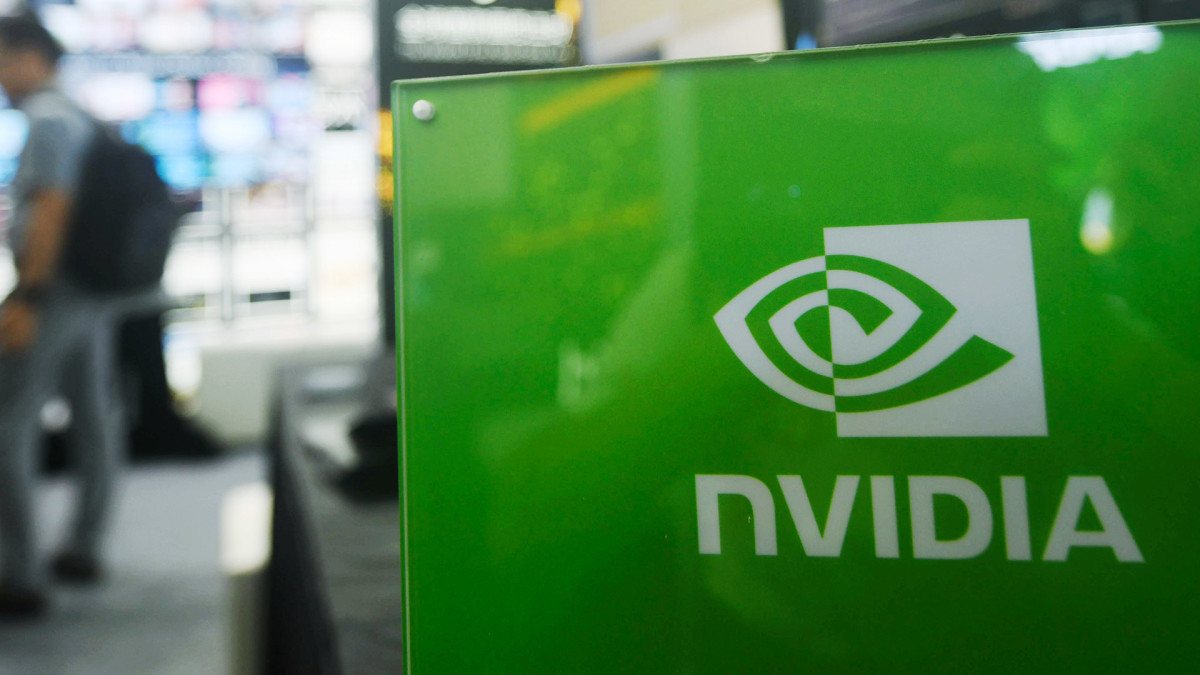
China’s Nvidia Probe: A Negotiating Tactic or a Genuine Regulatory Concern?
Introduction
Nvidia’s recent revelation that it has been probed by Chinese authorities has sent shockwaves through the tech industry. The investigation, which centers on Nvidia’s sale of high-performance computing (HPC) chips to China, has raised questions about the potential motives behind the probe and its broader implications for the global tech supply chain.
This critique will delve into the complexities of the China-Nvidia probe, examining various perspectives, providing data points and real-life examples, and critically analyzing the potential motives and outcomes of the investigation.
Perspectives on the Probe
There are several competing perspectives on the China-Nvidia probe:
China’s Regulatory Concerns:
The Chinese government has stated that the probe is part of a broader effort to regulate the tech industry and ensure compliance with Chinese laws. Some analysts argue that this is a legitimate regulatory action aimed at protecting intellectual property and national security interests.
Negotiating Tactic:
Others believe that the probe may be a tactical move by China in an attempt to gain leverage in negotiations with the United States over trade or other geopolitical issues. China’s probe could potentially be used to pressure Nvidia into making concessions or providing favorable terms.
Evidence and Examples
Nvidia’s Statement:
Nvidia has publicly stated that it is cooperating with the investigation and believes it has complied with all applicable laws and regulations. However, the company has not provided detailed information about the specific allegations or the scope of the probe.
China’s Tech Crackdown:
The probe against Nvidia is part of a broader crackdown on the tech industry in China. In recent years, Chinese authorities have launched investigations into several tech giants, including Alibaba and Tencent, over alleged anti-competitive practices and data security concerns.
Critical Analysis
Assessing the different perspectives on the Nvidia probe requires a critical analysis of the motives and potential outcomes:
Regulatory Concerns:
While China’s regulatory concerns are valid, the timing of the probe raises suspicions. The investigation began shortly after the United States tightened export controls on certain semiconductor technologies to China. This suggests that the probe may be politically motivated rather than purely regulatory.
Negotiating Tactic:
The possibility of the probe being a negotiating tactic cannot be dismissed. China has a history of using economic leverage to achieve its foreign policy goals. However, it is unclear what specific concessions China may be seeking from the United States or Nvidia.
Implications and Conclusion
The China-Nvidia probe has significant implications for the global tech industry. It highlights the growing tensions between the United States and China over technology and trade. The outcome of the investigation could impact the future of semiconductor sales to China, as well as the global supply chain for technology.
In conclusion, the China-Nvidia probe is a complex issue with multifaceted motives and potential outcomes. While China’s regulatory concerns are understandable, the timing and context of the investigation suggest that it may also be a negotiating tactic. The outcome of the probe will have significant implications for the global tech industry and the relationship between the United States and China.
Ultimately, it is in the interest of both countries to find a diplomatic solution to this issue that addresses legitimate regulatory concerns without disrupting the global tech supply chain. This will require open dialogue, transparency, and a willingness to compromise.




